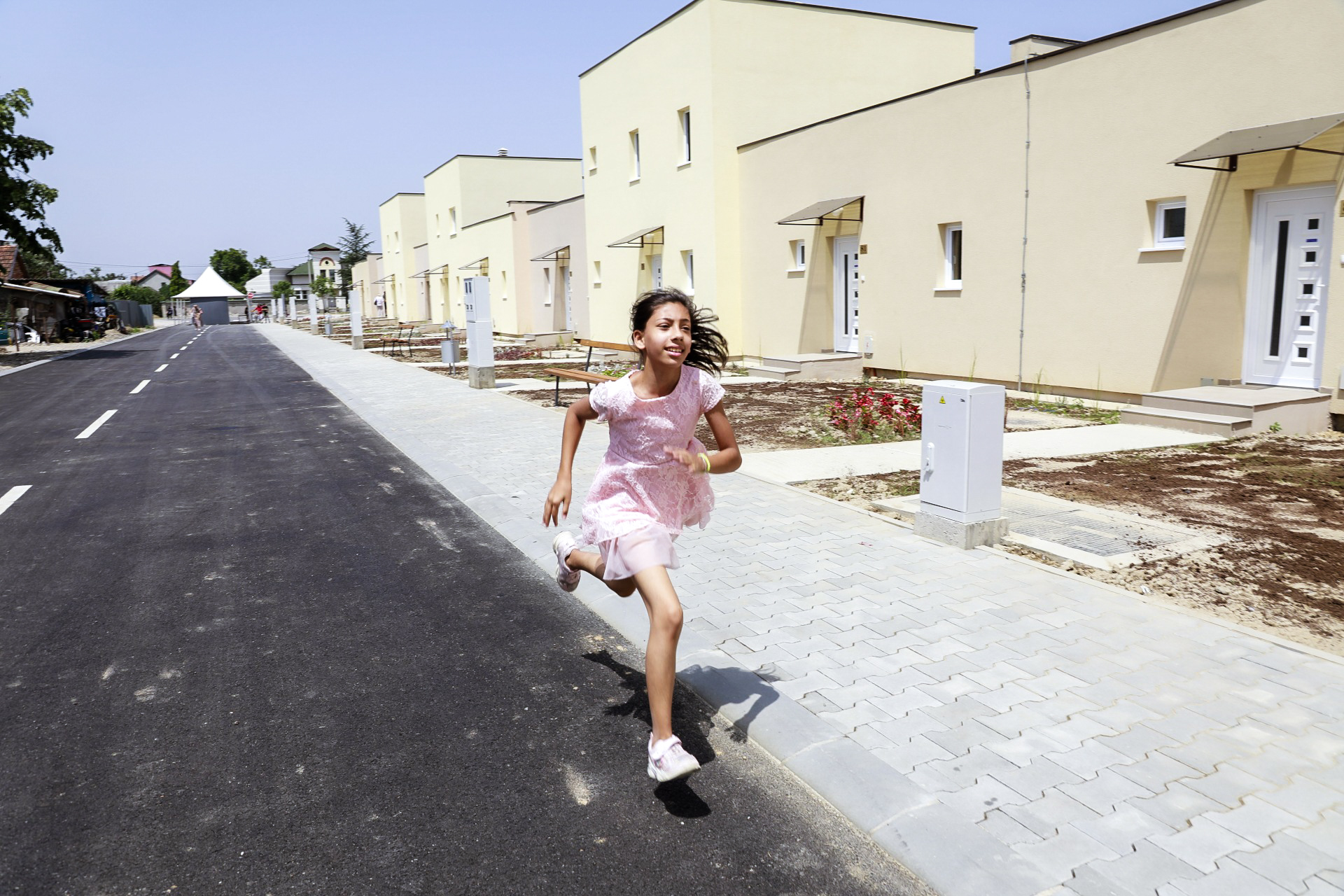The author of the Roma world anthem “Đelem, Đelem” was born in the settlement of Batajnica near Belgrade, 16 years before the start of World War II, which he spent as a prisoner in three concentration camps. His name was Žarko Jovanović Jagdino, and the original title of the anthem is “Opre Roma”, which means “Hold On, Roma”.
There is no Roma person who doesn’t know the lyrics of this soulful song, but the official version chosen is the one performed by Šaban Bajramović, a Niš native, who was honored with a statue in the city center as the “King of Roma Music.” He began his singing career in prison on Goli Otok, where he was sent for deserting the army—a decision he made out of love for a girl.
The Roma community in Serbia has produced numerous prominent artists and cultural figures without whom Serbian culture would not be what it is today. These include jazz singer Ljiljana Petrović Batler, performer Esma Redžepova (originally from North Macedonia), painter and multimedia artist Zoran Tairović, and writer and poet Dušan Stojanović, among others.
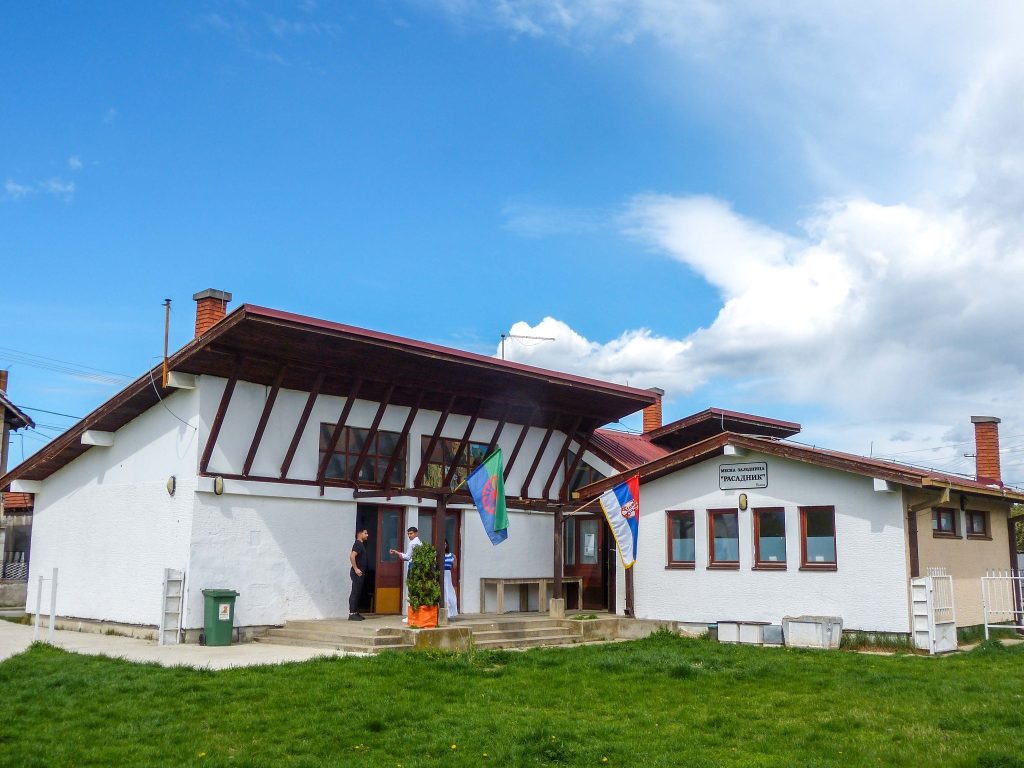
However, the story of the Roma’s position in Serbia does not echo the romantic and musical tones of the biographies mentioned. The harsh reality is reflected in numbers—showing discrimination, poverty, legal invisibility, and other challenges the Roma community faces daily.
In addition to the efforts of domestic institutions, the European Union (EU) has contributed to improving the living conditions of Roma in Serbia through various projects supporting social inclusion and the improvement of living standards for the most vulnerable.
Over the past five years, the EU has donated more than €115 million to improve living conditions for vulnerable groups in Serbia. Of this, €30 million has been allocated specifically to the inclusion of marginalized groups, including Roma. These funds have provided housing in 24 municipalities and helped over 5,000 people obtain personal documents.
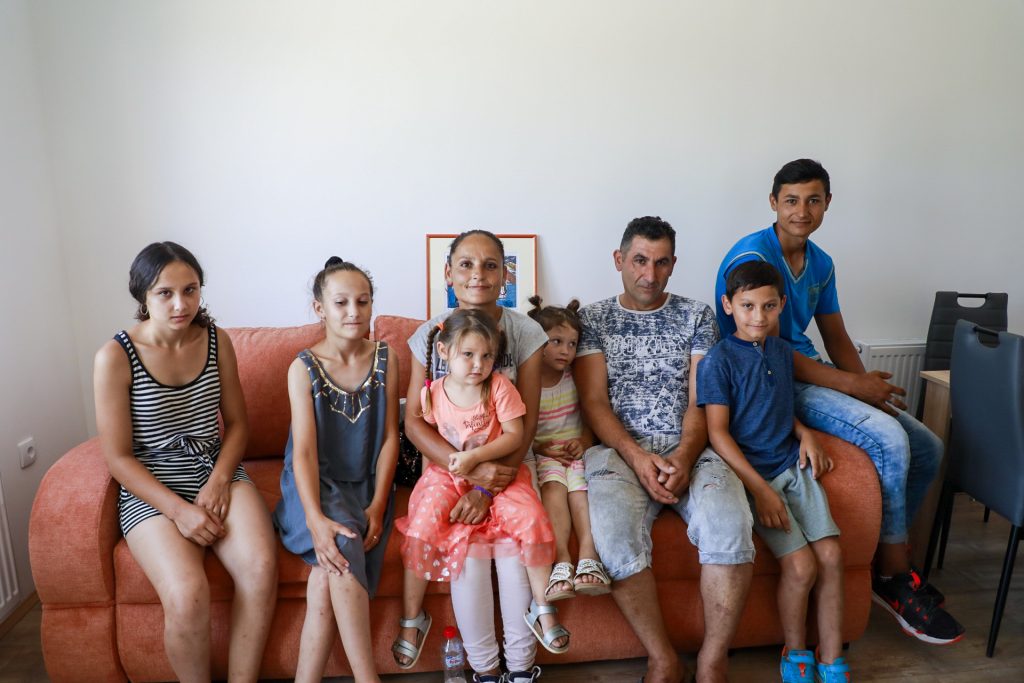
Through education support programs, 2,000 scholarships are awarded annually to Roma students, laying the foundation for a more certain future. Significant funding has also gone into the creation of 30 mobile support units offering on-the-ground assistance. These teams include pedagogical assistants, health mediators, Roma coordinators, and experts from social work centers.
Although notable progress has been made in education and legal visibility, challenges persist in employment and healthcare. The Roma community still struggles to access stable and decent jobs. And while the mobile units have had positive results, health mediators still await full systematization and institutional recognition.
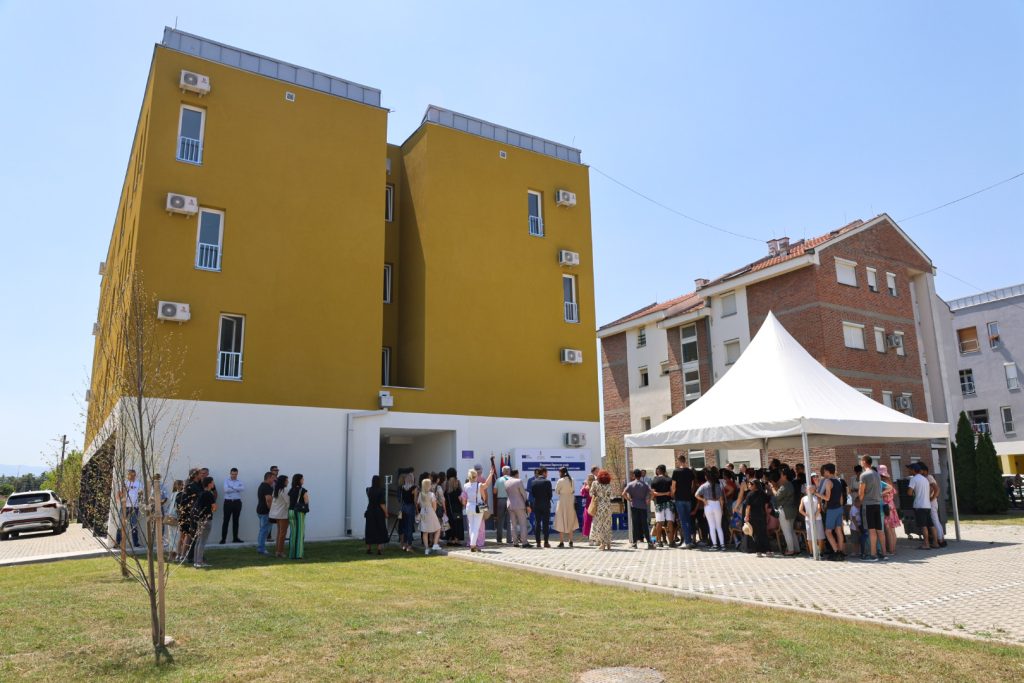
One of the greatest challenges in improving the situation of Roma in Serbia remains the fight against discrimination and the creation of a society that recognizes Roma as equal citizens with full rights and opportunities. That is why the EU places particular emphasis on strengthening institutional mechanisms and raising public awareness of the problems the Roma community faces daily.
Greater social inclusion of Roma is not only a matter of helping the most vulnerable but also a matter of societal development as a whole. By ensuring equal access to education and employment, Serbia can achieve greater social and economic progress. Moreover, strengthening ties between local communities and institutions contributes to stability and social justice—one of the core European principles.
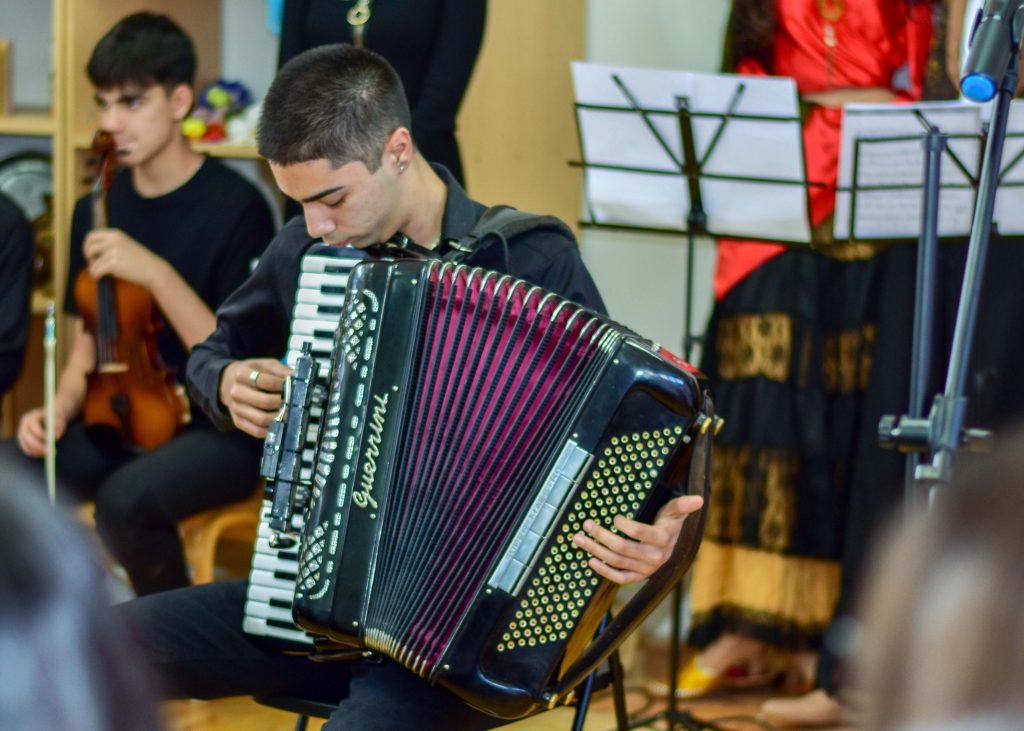
To mark Roma Day, the Europe Houses are organising a series of events in Niš, Novi Sad, and Belgrade. You can view detailed activities here.
The European Union remains Serbia’s most important partner in building a society of equal opportunities and respect for human rights. On International Roma Day, April 8, we celebrate the rich cultural heritage of the Roma community—but also remind ourselves of the ongoing obligation to fight discrimination and improve living conditions every single day.
The EU’s message remains clear: Opre Roma! Unity in the fight for a dignified life for every citizen, regardless of background or ethnicity, is a fundamental principle in advancing society. The Roma community is not just a part of history and tradition—but a partner in building Serbia’s future.

